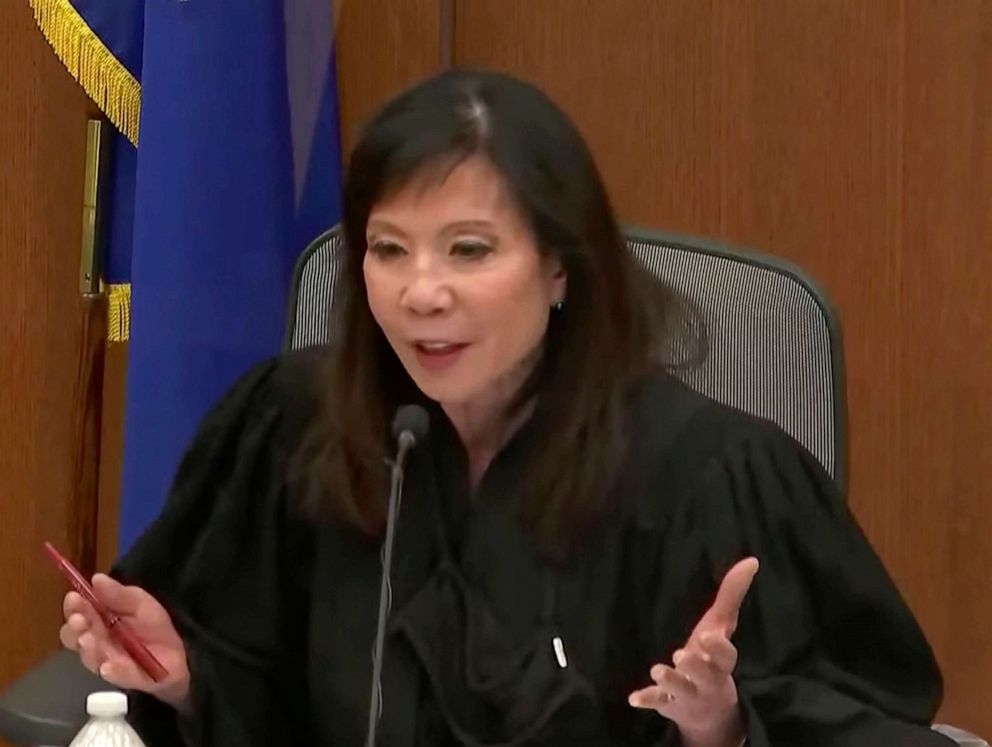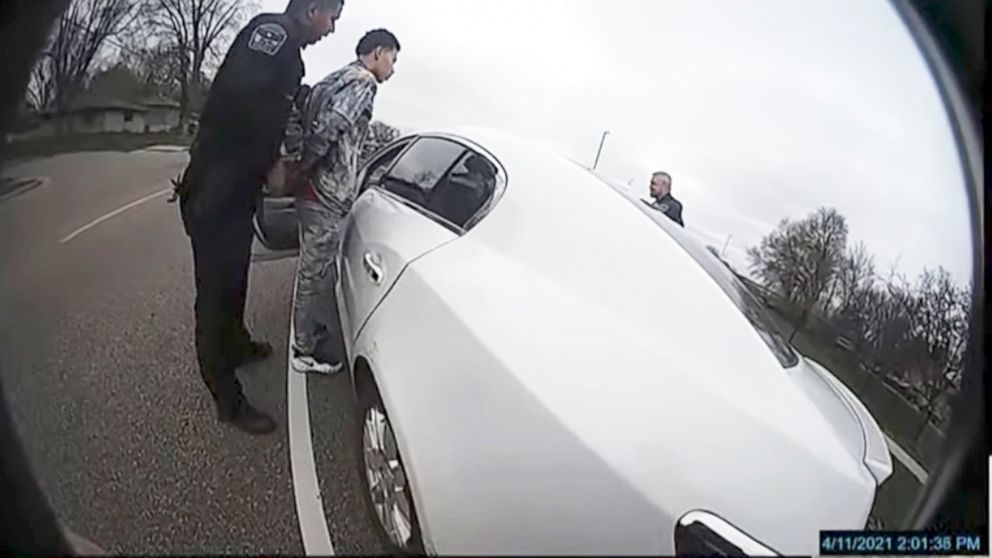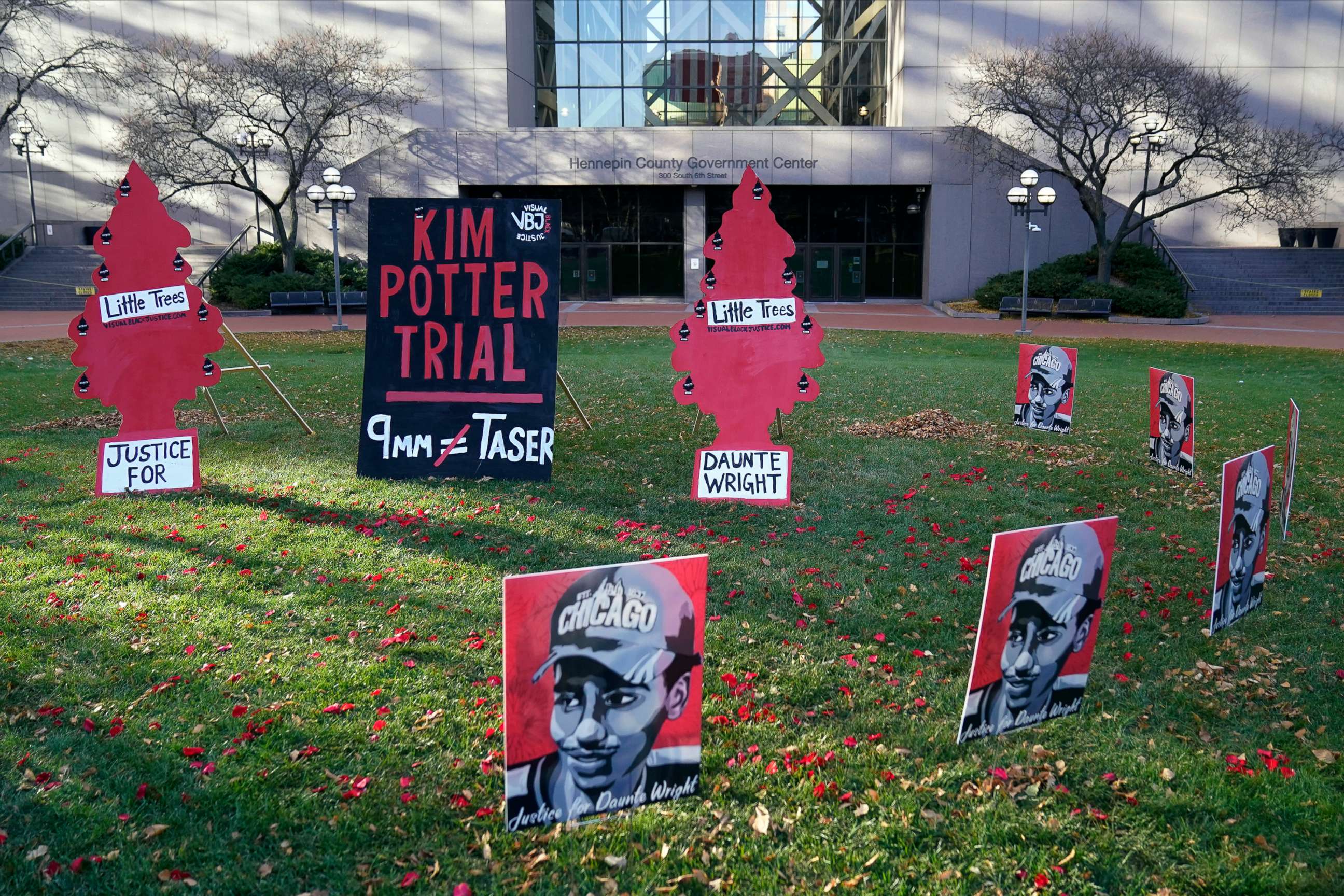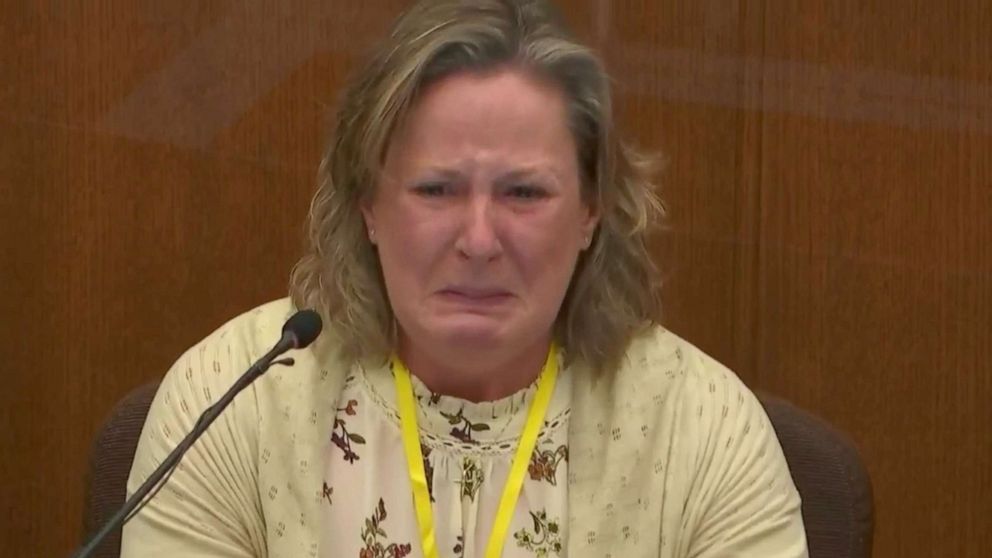Prosecution reminds jury on elements needed to convict Potter
Prosecutor Erin Eldridge took the jury through the elements that the state needed to prove in order for the jury to convict former Brooklyn Center police officer Kim Potter on first- and second-degree manslaughter in the death of Daunte Wright.
The first-degree manslaughter charge alleges that Wright's death was caused by the defendant committing a crime of reckless handling or use of a firearm, Eldridge told the jury.
The crime must also be committed "with such force or violence that the death of another person or great bodily harm to another person was reasonably foreseeable," according to Eldridge.

"She commits a conscious or intentional act in connection with the handling or use of a firearm that creates a substantial and unjustifiable risk that she is aware of and disregards," said Eldridge. "Like putting your hand on a weapon … pulling a weapon, pointing that weapon, pulling the trigger of that weapon. Each and every one of those things in and by itself is an intentional act."
The second-degree manslaughter charge alleges that Potter acted with “culpable negligence” in Wright's death.
Eldridge said Wright's death was caused by Potter's actions, which she says "created an unreasonable risk and consciously took a chance of causing death or great bodily harm."
Eldridge argued that Potter disregarded the differences between her weapons and held the gun at Wright for several seconds before shooting.
The shooting, Eldridge also argued, put Wright, as well as the others in and around the vehicle in danger.
Sgt. Mychal Johnson and Wright's girlfriend Alayna Albrecht-Payton were behind Wright when he was shot. Officer Anthony Luckey previously testified that he was hit with a casing from the bullet that Potter shot Wright with.
An intent to kill is not required in either charge, the prosecution said.
Eldridge continued, "The defendant's failure to recognize she was drawing and handling and firing her gun despite hours and hours of training; despite years and years of experience; despite the clear differences between the two, and despite the opportunity to change course and correct, and despite all the warnings and cautions against doing this very thing, is part of what establishes the defendant's recklessness and culpable negligence in killing Daunte Wright."







